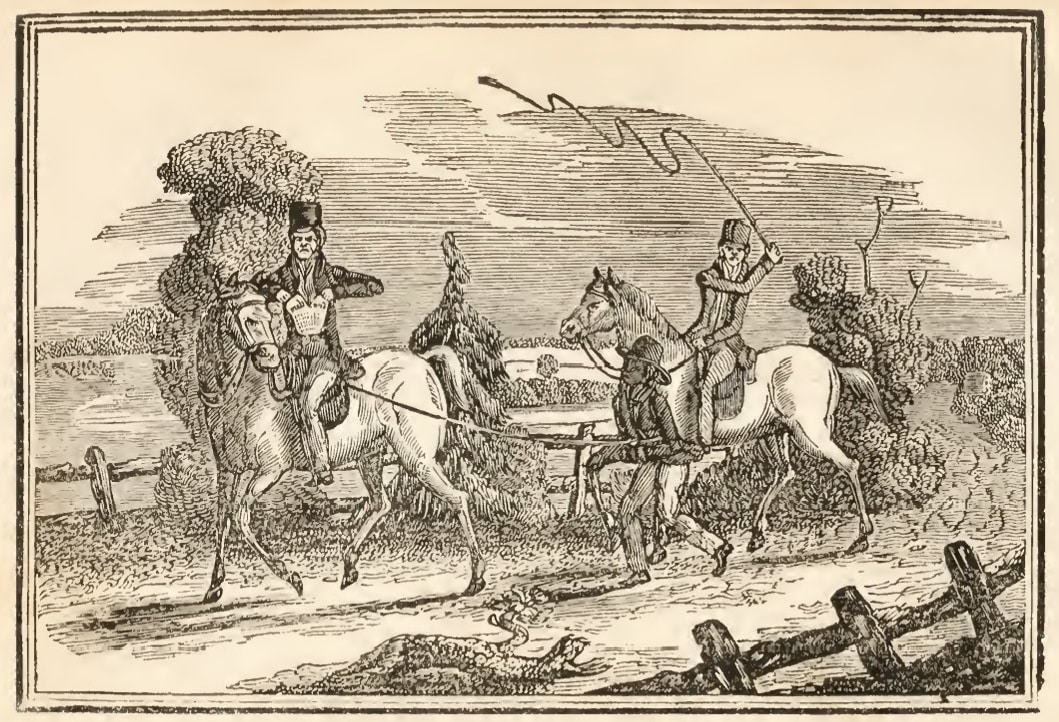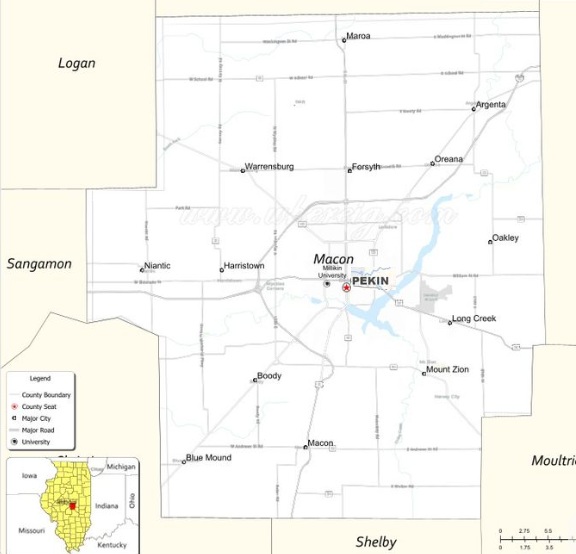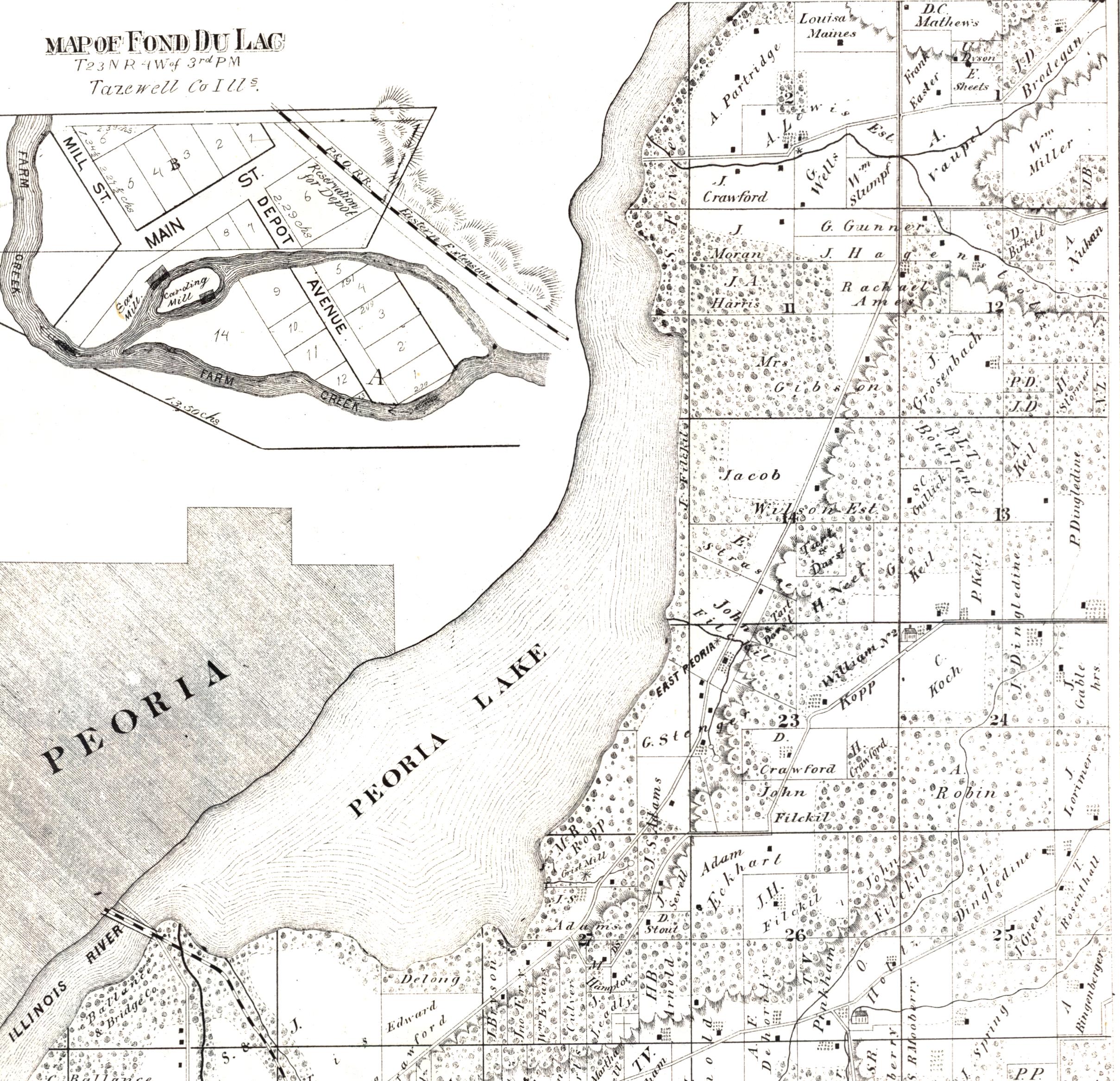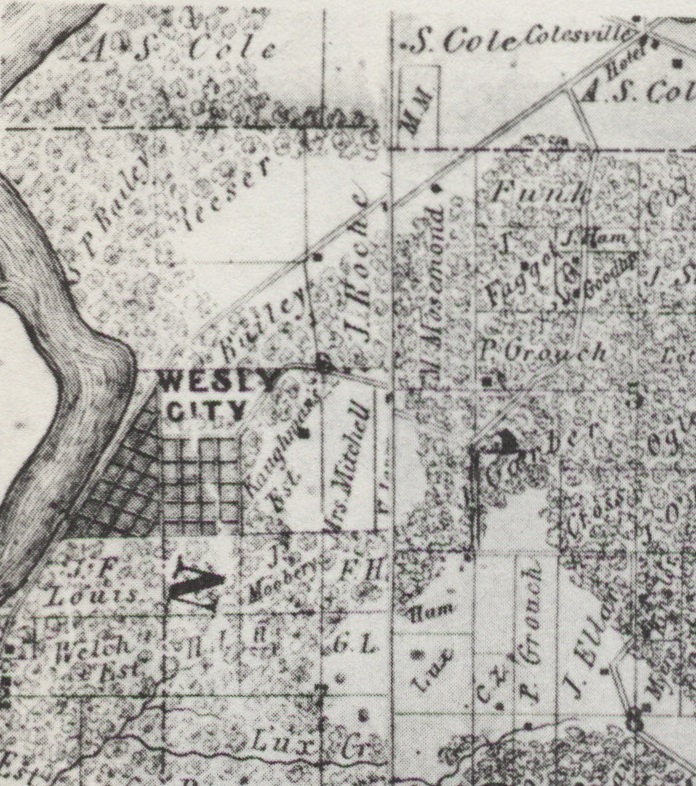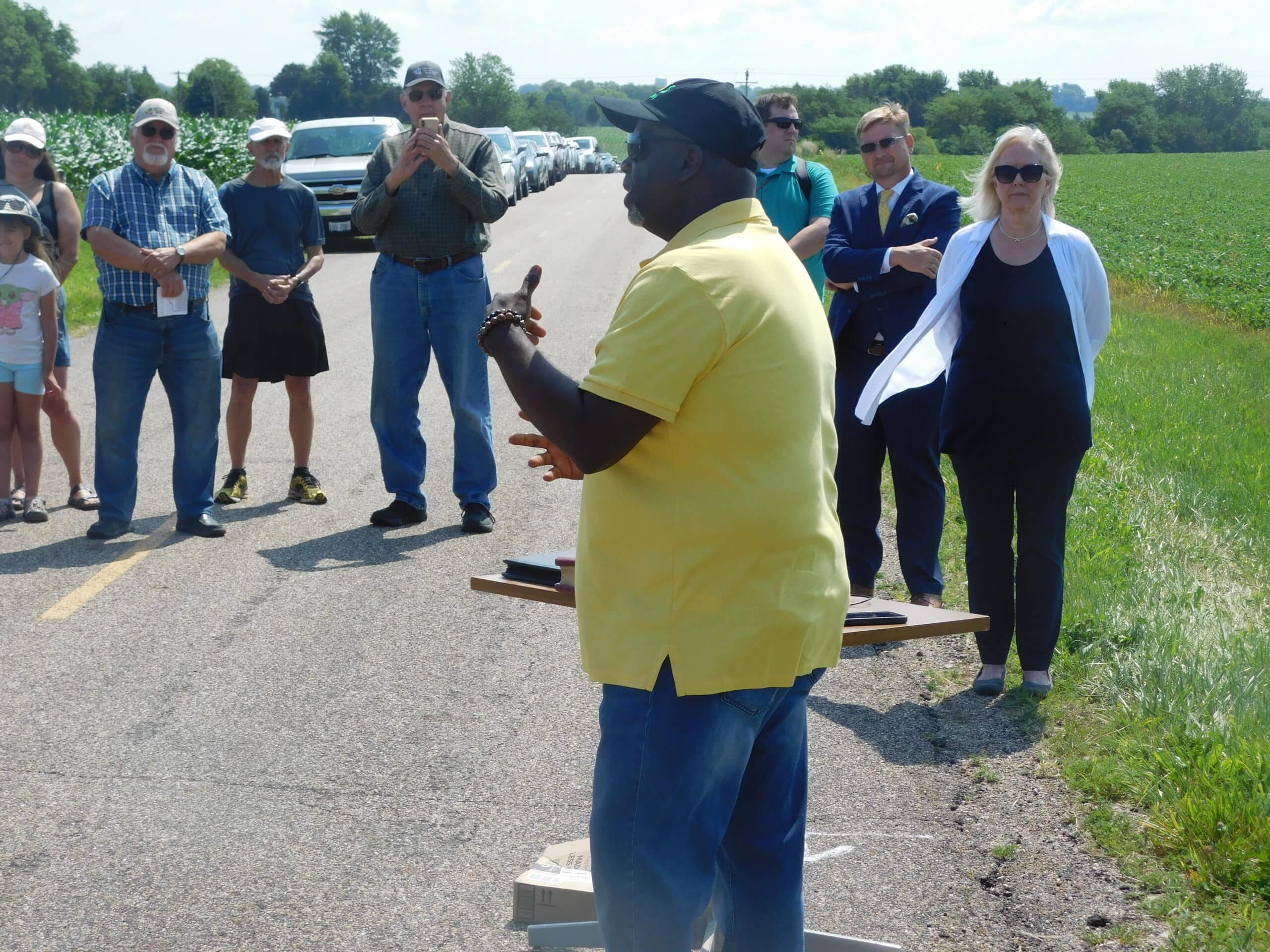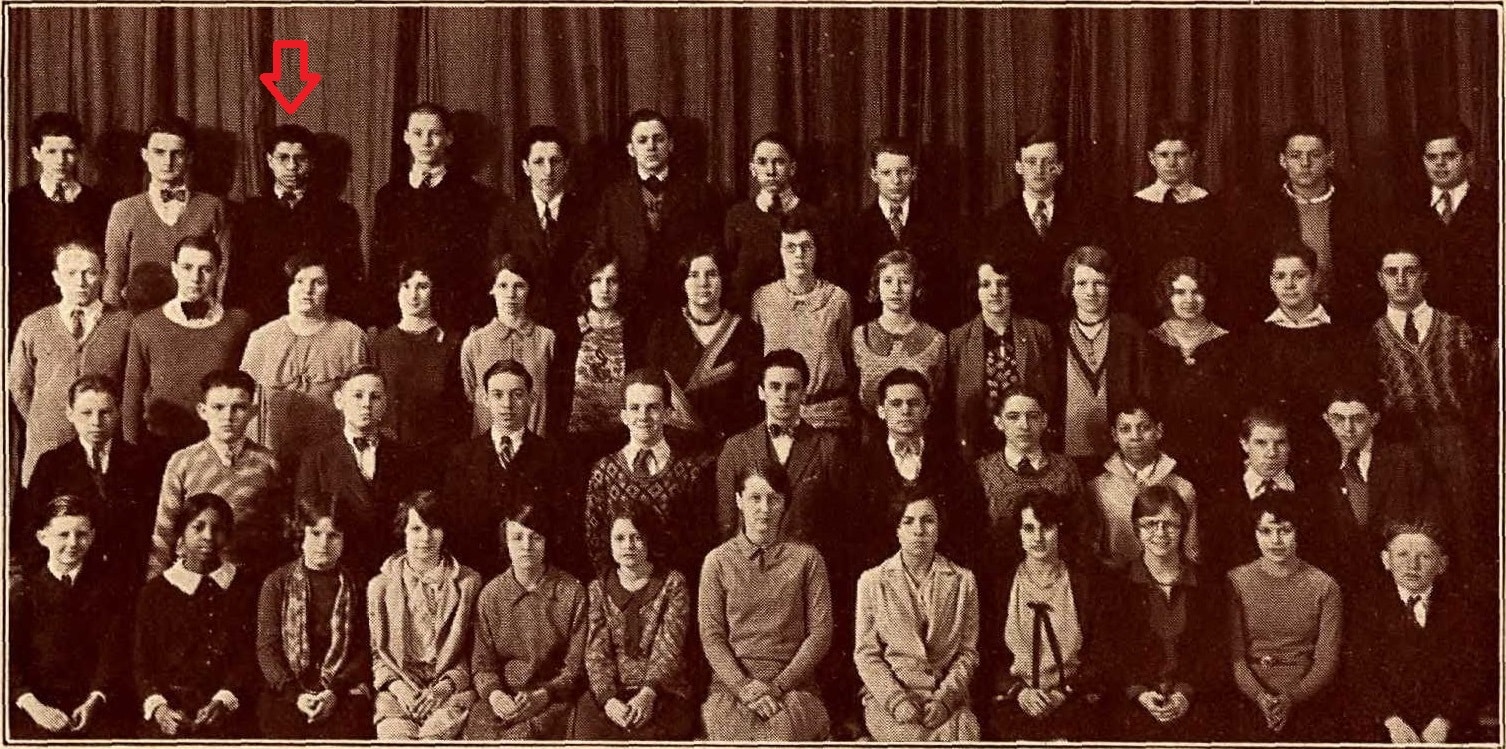Here’s a chance to read again one of our old Local History Room columns, first published in September 2013 before the launch of this blog . . .
Among the many memories and anecdotes about the pioneer settlers of Tazewell County that were included in Charles C. Chapman’s 1879 “History of Tazewell County,” one of them tells of a harrowing incident during the 1820s involving a white settler and his black employee.
The white settler was a man by the name of Shipman. Curiously, neither Chapman’s history nor Ben C. Allensworth’s 1905 updated county history mentions Shipman’s given name. Another source, the 1873 Atlas Map of Tazewell County, page 72, also mentions “Mr. Shipman” but is equally ignorant of his first name. The 1830 U.S. Census returns for Tazewell County, however, show him as “David Shipman.”
The Atlas Map says Shipman settled in Sand Prairie Township (then Jefferson Township) in 1822, but that date is incorrect, and Chapman provides the correct year of 1826. In Chapman’s account of the early settlers of Sand Prairie Township, page 617, he says, “Mr. Shipman came from Kentucky in 1826, but did not live in this township a great while. He moved from this into Elm Grove township, where he spent the remainder of his life.”
Chapman also mentions Shipman in his account of Elm Grove Township’s early history, on page 476, as follows: “There was another mill in Elm Grove, driven by tread-wheel power, using horses or oxen. Bolting was also done by hand here. Both mills did good work. The latter, Mr. Shipman’s mill, was running in 1830, how long previous, not known. A negro by the name of Mose was the miller.”
By that time Mose was a freed black, not a slave, and he was both employee and friend of Shipman. Just as the old histories do not record David Shipman’s first name, they also do not tell us Mose’s surname. The 1845 Illinois State Census records him as “Moses Shipman” (he’d taken the surname of his former master), and showed him as the head of a family of 10 “Negroes or Mulattoes.” On page 617-18 of his county history, Chapman relates an episode that occurred while Shipman and Mose were living in the former Jefferson Township, when the two had a run-in with a group of men who would kidnap free blacks and sell them into slavery:
“[Shipman] brought with him to this township a negro man, his wife and children. He treated them kindly, and they in turned loved him. They all lived here in peace and freedom, carving new homes in the wilderness, and preparing for future prosperity and pleasure.
“The quietude of the little settlement was disturbed one dark night, by the appearance of some slave hunters. There were some men from Kentucky came up the river, left their boats at the mouth of the Mackinaw, quietly came over and carried off the negro family. They were all tied and hastily run to the river.
“It appears that Mose, the name of the negro man, was a singularly constructed negro, and it would almost seem, as an old settler said, that ‘he was part aligator.’ (sic) He had a double row of large sharp teeth. His hands were tied, and with a rope he was led along. He pulled back considerably, and lagged behind as much as he dare do, all the while chawing on the rope by which he was led. Finally he succeeded in severing it, when with all his might he ran back to the settlement, and informed his neighbors of the theft of his family.
“This aroused the ire of those sturdy pioneers, and, being equal to any emergency, three of them saddled up their horses, that gloomy night and set out for St. Louis, anticipating the destination of the thieves. These resolute men were Johnson Sommers, Wm. Woodrow, and Absalom Dillon.”
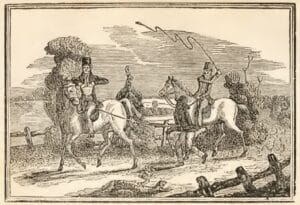
Regular readers of this column may remember that Absalom Dillon was a brother of Tazewell County pioneer settler Nathan Dillion.
Chapman’s account continues:
“They pushed on toward that city, and fortunately rode off the ferry boat just as the Kentucky would-be slave-traders landed with the family of Mose. This was a singular coincidence, but true, and with determination that plainly showed he ment (sic) what he said, Sommers jumped from his horse, gathered up a stone and swore he would crush the first one who attempted to leave the boat, and the men, who could steal the liberty of their fellow men, were passive before the stalwart pioneers.
“One of the pioneers hurried up to the city, and procured the arrest of the men. We do not know the penalty inflicted, but most likely it was nothing, or, at least, light, for in those days it was regarded as a legitimate business to traffic in human beings. The family was secured, however, and carried back to this county, where most of them lived and died. All honor to the daring humane pioneers.”


